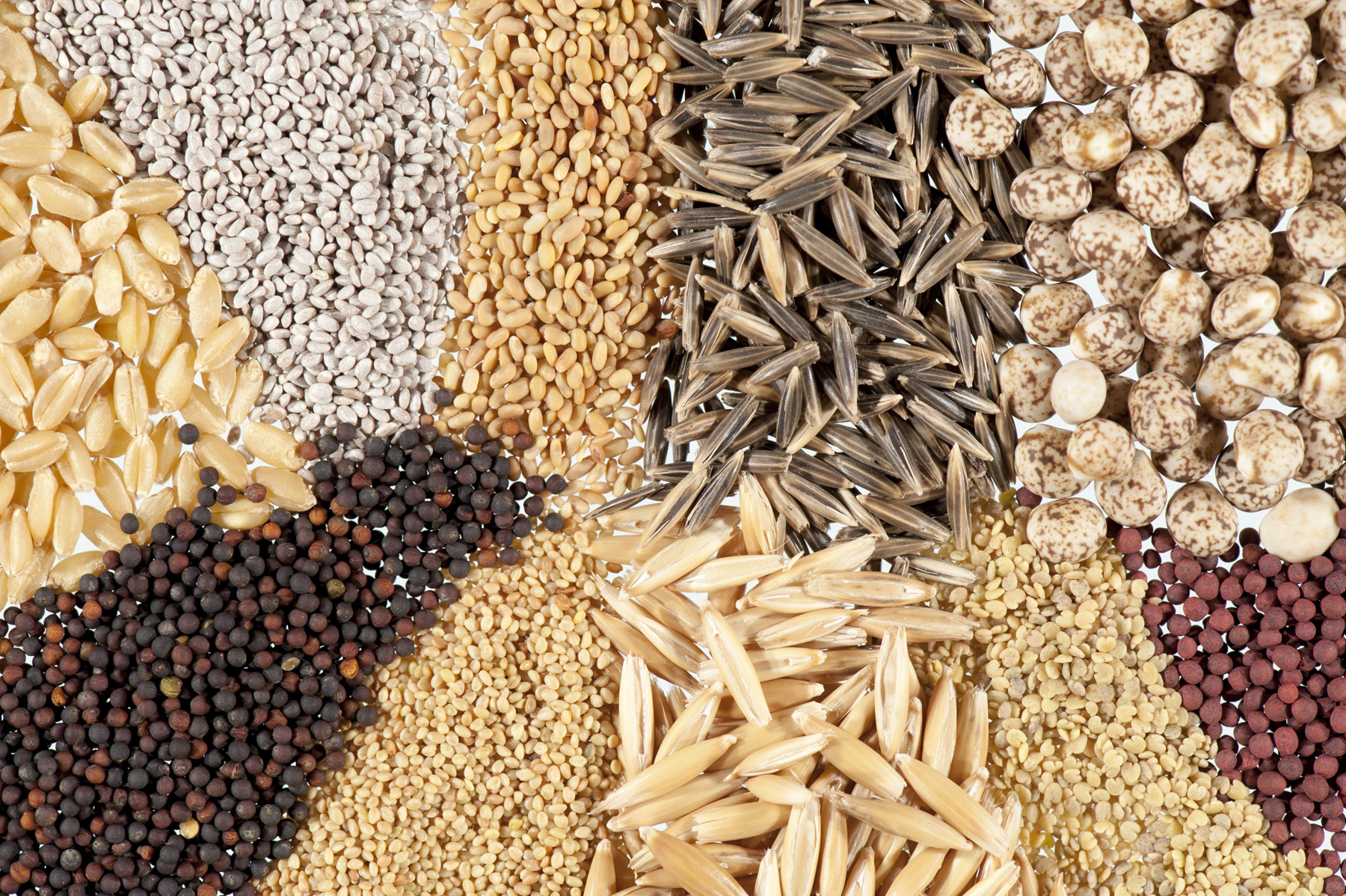Emotional problems may be diagnosed early…
Depression is a very serious problem, one that affects nearly 7% of the U.S. population, or over 15 million adults. The median age of onset for major depressive disorder (clinical depression) is 32.5, the truth is that depression can set in at any time of your life. It tends to be more prevalent in women than in men, yet it can strike anyone and at any time. The good news: you can catch the signs of depression as early as infancy…
A new study published in the Journal of the American Academy of Child and Adolescent Psychiatry (JAACAP) found that scanning a newborn baby’s brain can help to pinpoint the likelihood of depression and anxiety. By analyzing the connections between the amygdala and other parts of the brain responsible for controlling emotions, scientists may be able to predict excessive shyness, sadness, separation anxiety, and nervousness. All of these are early symptoms of anxiety and depression.
The researchers took 57 premature infants and 65 full-term newborns and analyzed their brains via MRI scans. They studied the connectivity between the various parts of the brain, looking for the differences in those connections. They were hoping to find explanations as to why premature babies are at a greater risk of anxiety, depression, and other psychiatric problems later in life.

READ MORE: 10 Bizarre Pregnancy Facts
The discoveries of this study were fascinating:
- First, the researchers found that full-term babies tended to have brain connectivity patterns similar to those of adults. Pre-term babies, on the other hand, had weaker connections between the amygdala and other parts of the brain.
- Second, they found that the weaker connection between the amygdala and other brain areas led to a greater risk of early depression and anxiety symptoms. For example, the decreased connection between the amygdala and insula (the part of the brain that plays a role in emotion and consciousness) or the medial prefrontal cortex (the part of the brain that enables you to make decisions) increased the chance of the symptoms of anxiety and depression.
However, an important thing to note is that the babies were all examined again at the age of two, and no symptoms of depression were equally common among the both pre-term and full-term babies. This means pre-term babies are no more likely to develop either anxiety or depression at a young age.
The researchers do intend to follow up on the infants once they reach 9 or 10 years of age. That will allow them to re-examine the brain connectivity in order to determine what, if any, role the brain connections (or lack thereof) plays in their chances of developing depression or anxiety. There is a chance the children’s brains will adapt and improve the connections, thereby decreasing the chance of mood disorders. If not, it may provide researchers with a new way to find patients at risk of depression and anxiety.
As mentioned above, these mood disorders afflict A LOT of people. In addition to the 15+ million suffering from depression, a further 6.8 million adults (3.1% of the U.S. population) suffers from generalized anxiety disorder. If a simple MRI scan could reveal the likelihood of your developing anxiety or depression when you get older, wouldn’t you want to know? The scan would allow your parents and you to take steps to prevent the problem. You’d be able to do the same for your children, increasing their chances of a long and happy life, one free of depression and anxiety. Such a simple solution for such a serious problem!








